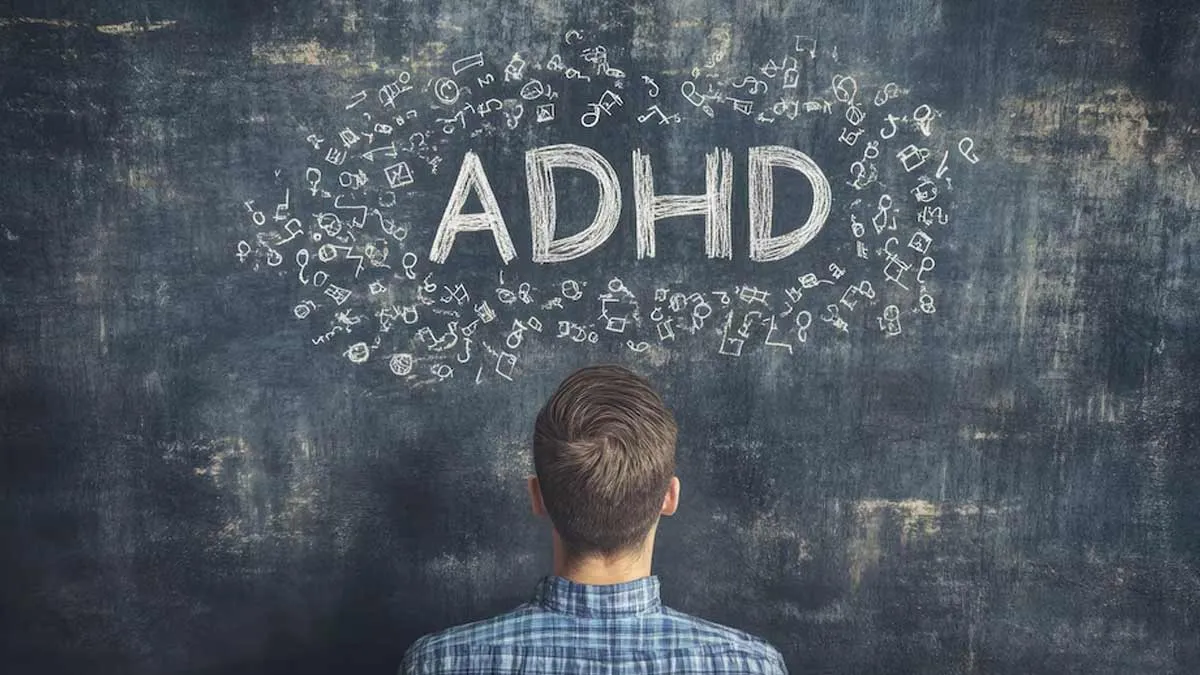
Attention-Deficit/Hyperactivity Disorder (ADHD) is commonly associated with children, but many adults also navigate life with this neurodevelopmental condition. While therapy, medication, and lifestyle adjustments play significant roles in ADHD management, growing evidence suggests that diet might also influence symptoms such as inattention, hyperactivity, and impulsivity.
Table of Content:-
We asked our expert Dr Shrey Kumar Srivastav, Senior Consultant and Physician, Sharda Hospital - Noida, to break down the connection between diet and ADHD and share tips on foods to include and avoid.
Link Between Diet And ADHD
Research into ADHD and diet is still evolving, but certain patterns have emerged. Nutritional deficiencies, food sensitivities, and imbalances in blood sugar can impact brain function, potentially exacerbating ADHD symptoms. While dietary changes aren’t a standalone solution, they can complement other treatment strategies to enhance overall well-being and focus.
What To Eat For Better ADHD Management
Dr Srivastava shared a few food items that one should include in their diet and why:
1. Protein-Rich Foods
Proteins help regulate blood sugar and promote the production of neurotransmitters like dopamine and norepinephrine, which are critical for focus and attention. Make eggs, lean meats, fish, beans, lentils, nuts, seeds, and dairy products your best source of protein.

Also Read: ADHD In Women: Understanding Symptoms, Challenges, And Why It Is Often Misdiagnosed
2. Omega-3 Fatty Acids
Omega-3s, found in fatty fish and certain plant sources, are known to support brain health and may reduce hyperactivity and improve attention. Food items like salmon, mackerel, walnuts, chia seeds, and flaxseeds can help conquer it.
3. Complex Carbohydrates
These provide a steady source of energy and help prevent blood sugar spikes, which can affect mood and concentration. Whole grains, brown rice, quinoa, sweet potatoes, and vegetables, are good sources of complex carbohydrates.
4. Foods Rich in Vitamins and Minerals
Nutrients like zinc, iron, magnesium, and vitamin B6 are essential for brain function and may help manage ADHD symptoms. These may include leafy greens, bananas, nuts, seeds, and fortified cereals.

Also Read: Neurological Disorders in Children: Pediatric Neurologist Shares Common Conditions To Watch Out For
Foods To Avoid Or Limit For Better ADHD Management
On the other hand, there are several food items that one must avoid. These may include:
1. Artificial Additives
Artificial colours, flavours, and preservatives have been linked to increased hyperactivity in some individuals with ADHD. Hence, processed snacks, candies, and sodas with synthetic dyes like Red 40 or Yellow 5 are often asked to avoid.
2. Sugar and Refined Carbohydrates
These can cause rapid blood sugar fluctuations, leading to energy crashes and worsening attention issues. Sugary drinks, pastries, white bread, and processed cereals are a few examples of sugar and refined carbs.
3. Caffeine
While small amounts may help some adults with ADHD focus, excessive caffeine can worsen anxiety and disrupt sleep, compounding ADHD challenges. Dr Srivastava suggested avoiding energy drinks, excessive coffee, and caffeinated sodas.
4. Highly Processed Foods
These are often low in essential nutrients and high in additives that may negatively affect behaviour. Thus easy-to-eat food items like instant noodles, frozen dinners, and fast food should be avoided too.
Bottomline
While dietary changes can support ADHD management, it’s essential to remember that they are just one piece of the puzzle. Speak with a healthcare provider or nutritionist before making significant adjustments to your diet, especially if you’re considering eliminating food groups or adding supplements. With a balanced, nutrient-rich diet tailored to your needs, you may notice improvements in focus, energy, and overall well-being.
Also watch this video
How we keep this article up to date:
We work with experts and keep a close eye on the latest in health and wellness. Whenever there is a new research or helpful information, we update our articles with accurate and useful advice.
Current Version
